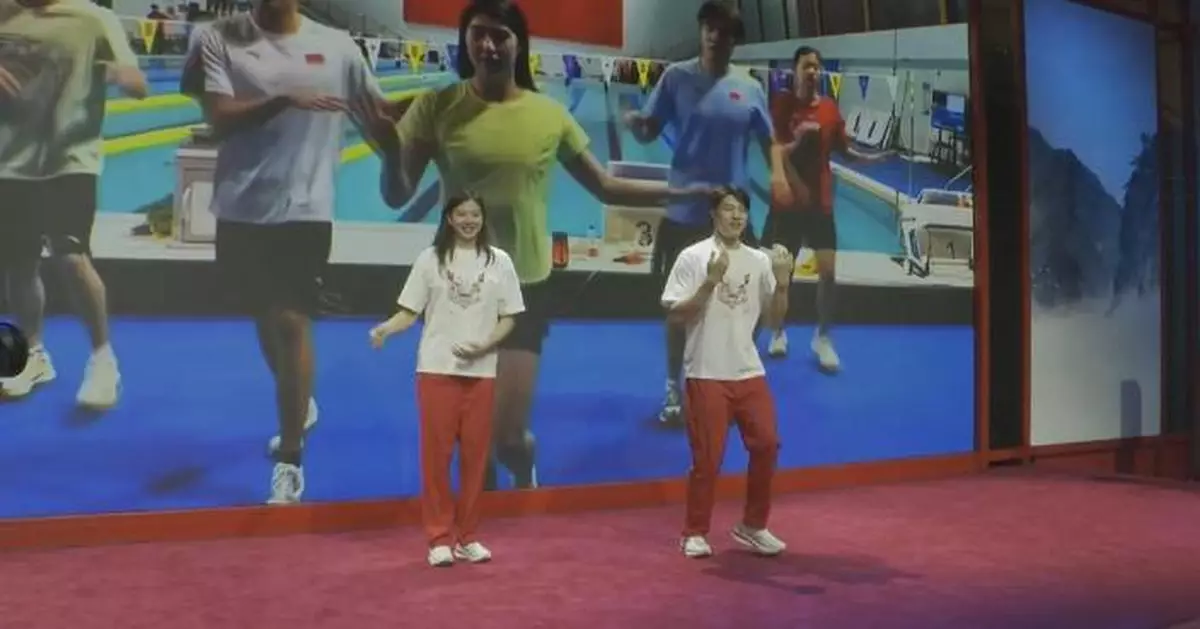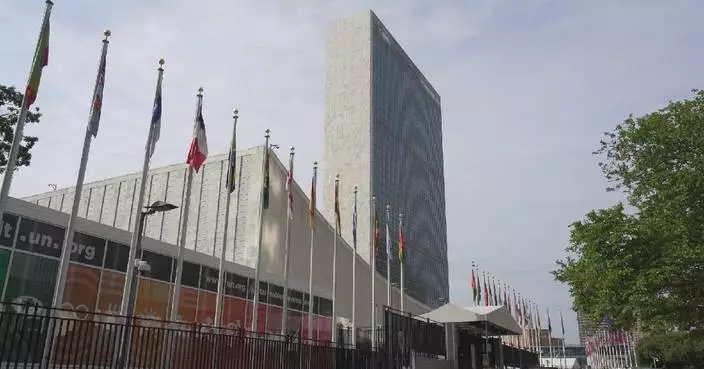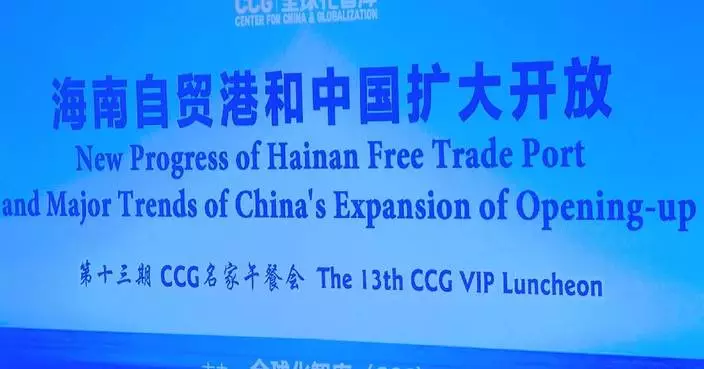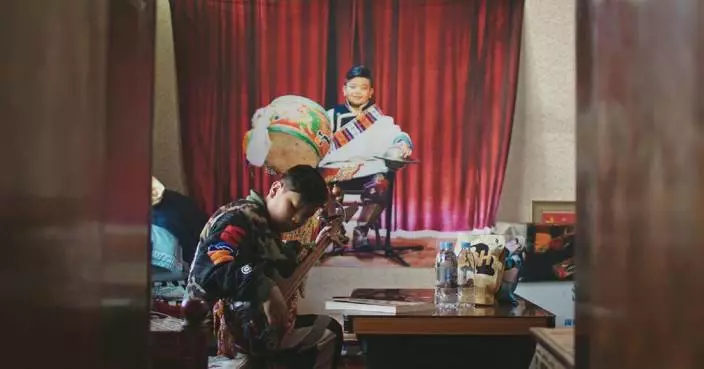As the Paris Olympics draw to a close, Chinese athletes who have completed their competitive endeavors are gathering at the China House to share their tales of triumph and challenge from the prestigious event and to immerse themselves in the rich tapestry of Chinese Olympic culture.
Among them are illustrious weightlifters Li Fabin, Hou Zhihui, and Luo Shifang, who have clinched gold medals in the ongoing weightlifting competitions at the Paris Olympics.
These champions have taken a moment to delve into the history of China's Olympic journey while offering their unwavering support to those who are still competing for medals.
"I hope [Chinese athletes] continue to strive. In the Olympic arena, there are indeed uncertainties and a great deal of randomness at times, but we must hold onto one belief firmly, that is to fight for the country, embody the Olympic spirit, love competition, dare to win, and will win," said Li Fabin, Chinese weightlifter and two-time Olympic gold medalist.
The China House, a hub of cultural exchange and relaxation established by the Chinese Olympic Committee in Paris, has welcomed not only weightlifters but also swimmers and gymnasts who have completed their respective events. There athletes can find solace in the familiarity of their cultural heritage and share their post-competition narratives with the wider community.
Zou Jingyuan, a celebrated gymnast who secured a gold medal in the parallel bars event, recounted his journey of resilience and triumph amidst injury setbacks.
"This is my second time participating in the Olympics and I encountered many challenges due to injuries, but what I wanted most was to defend my title in the parallel bars event. With faith, I fought for glory and successfully secured the parallel bars Olympic championship this time. I feel especially happy," said Zou, Chinese artistic gymnast and two-time Olympic gold medalist.
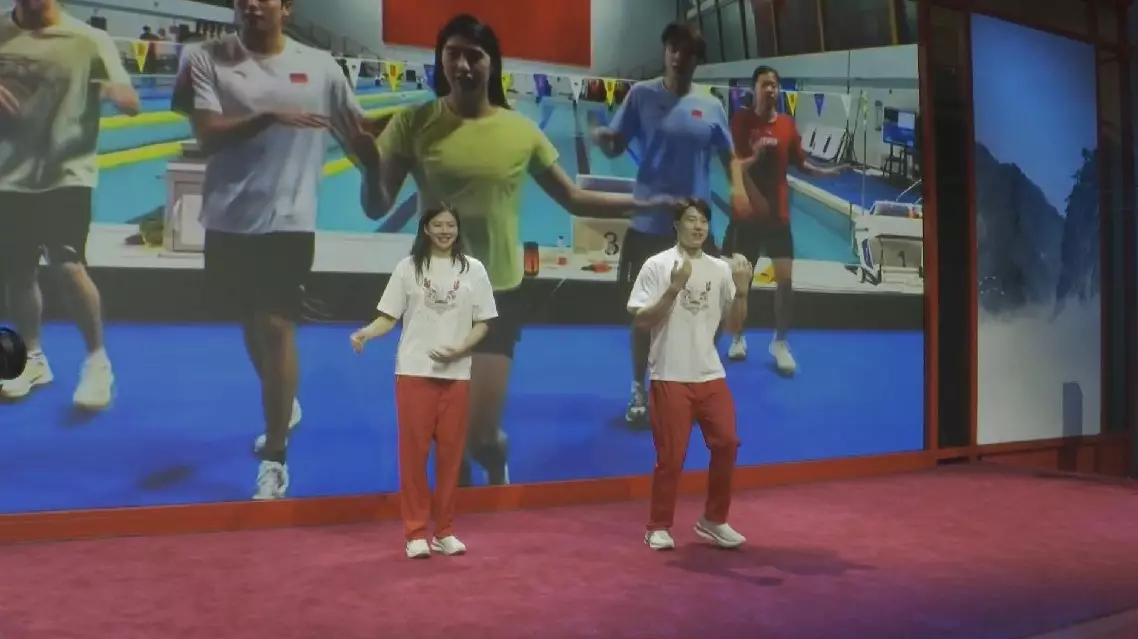
Chinese athletes reflect on Paris Olympics at China House
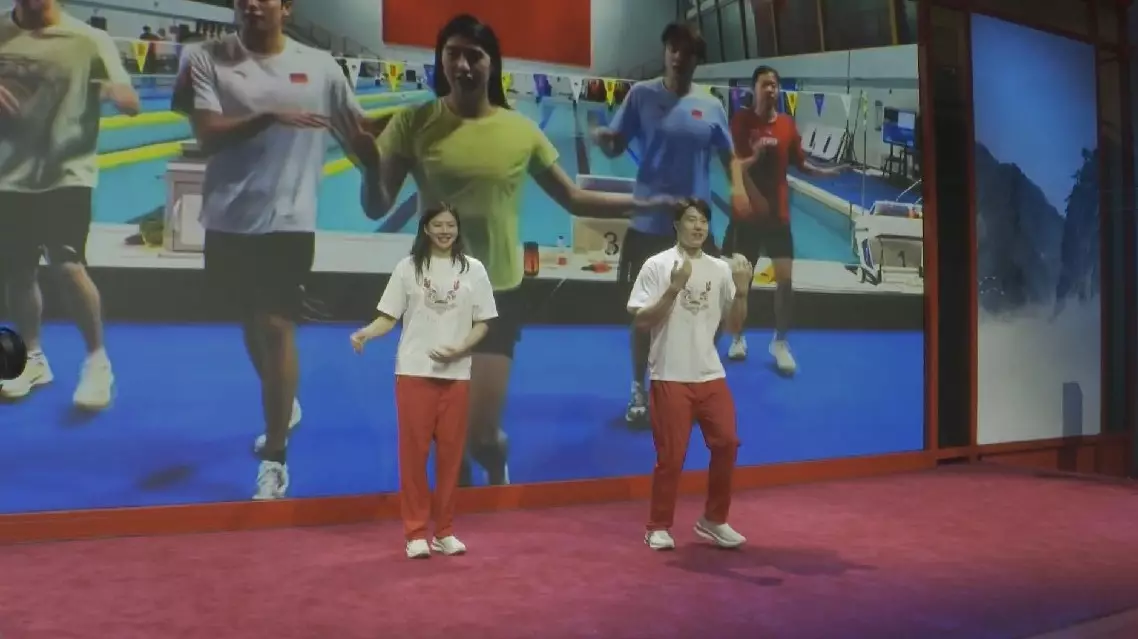
Chinese athletes reflect on Paris Olympics at China House
The China-CELAC (Community of Latin American and Caribbean States) Forum is expected to bring new vitality to the global development and human civilization, said Colombian President Gustavo Petro in Beijing.
Petro, who delivered a keynote speech at the opening ceremony of the fourth ministerial meeting of the China-CELAC Forum on Wednesday, told China Media Group (CMG) in an interview, while giving a special mention of the importance of the forum as a platform to reshape multilateralism.
"This Forum, held here in China, comes at a pivotal moment in history. And that's precisely what makes it so significant. It is taking place at a time when multilateralism is in urgent need of reshaping. There are some powers who believe they can rule the world through intimidation and shows of force. But with China and Latin American and Caribbean (LAC) countries standing together, we must make them understand: history is full of hard lessons. Those who once flexed their military might did not prevail. They may have enjoyed momentary success in the past, but this time, history will not repeat itself," he said.
This year marks the 10th anniversary of the China-CELAC Forum's operation.
Chinese President Xi Jinping stated in his speech delivered at the opening ceremony of the fourth ministerial meeting of the China-CELAC Forum that under the careful cultivation of both sides over the past 10 years, the China-CELAC Forum has grown from a tender sapling into a towering tree.
Petro hailed the relations between China and LAC countries over the past decade, saying that the cooperation is expected to energize the global development and human civilization.
"Yes, exactly, a tree. A strong and thriving tree, with deep and well-developed roots firmly anchored in the earth. There's no doubt that over the past ten years, trade in physical goods between China and LAC countries has grown substantially. China is involved in building the Bogota metro project. China is also constructing a port in Peru, and many other large-scale infrastructure projects are being advanced through Chinese investment and engineering expertise. When we link the cultural and civilizational threads of China and LAC countries, it's as if we are nurturing a living tree, one that grows tall toward the sky and promises to bring new vitality to the human civilization," he said.
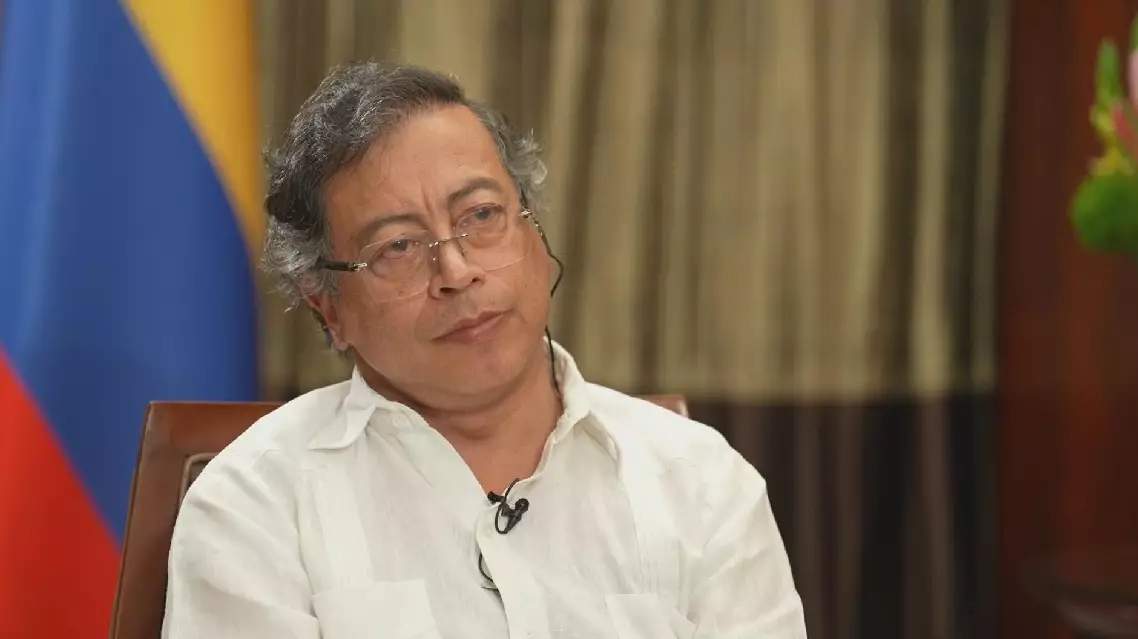
China-CELAC Forum brings new vitality to global development: Colombian president




